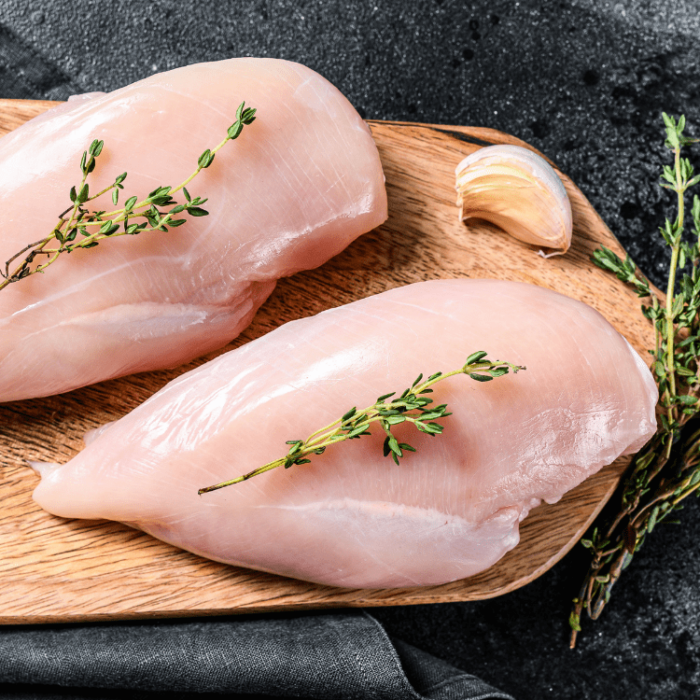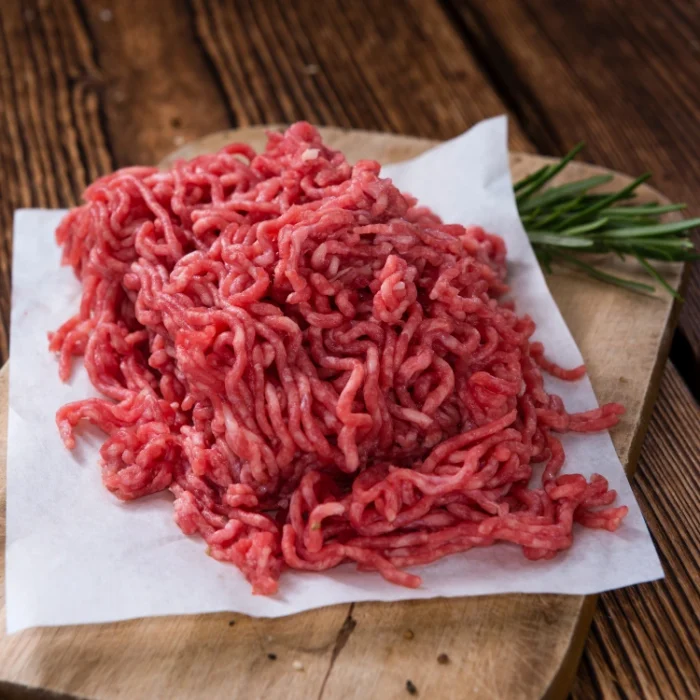Shop by Category
Editors Picks
Find out more
The skill of Traditional Butchery
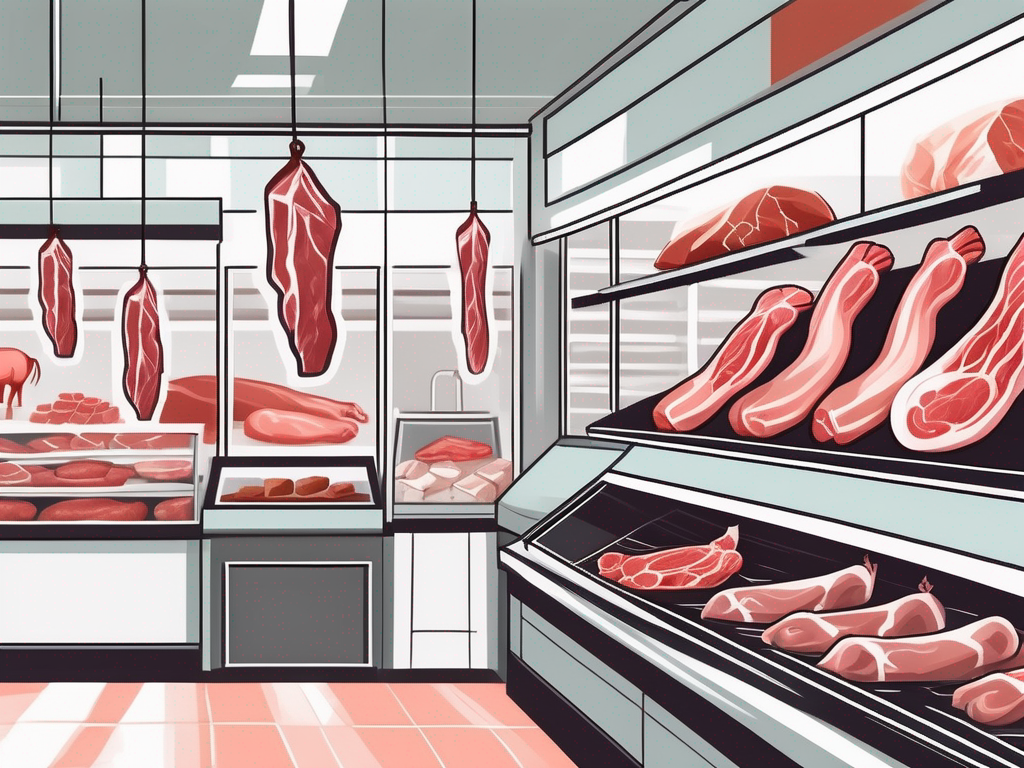
Traditional Butchery is a skill. See why your Butcher will always be better than the Supermarket.
In today’s modern world, where convenience and efficiency are valued above all else, it’s all too easy to overlook the timeless art of traditional butchery. However, the truth remains that your local butcher possesses a level of skill and expertise that simply cannot be replicated by the mass-produced meats found in supermarkets. Understanding the nuances and history of this age-old profession is crucial to appreciating the value that a professional butcher brings to your table.
Understanding the Art of Traditional Butchery
The History of Butchery
Butchery is an ancient craft that dates back to our earliest human ancestors. In ancient times, the butchery was a vital skill for survival, enabling early humans to sustain themselves through hunting and gathering. Over time, butchery evolved into a specialized profession, with butchers honing their techniques and knowledge to provide communities with a reliable source of meat.
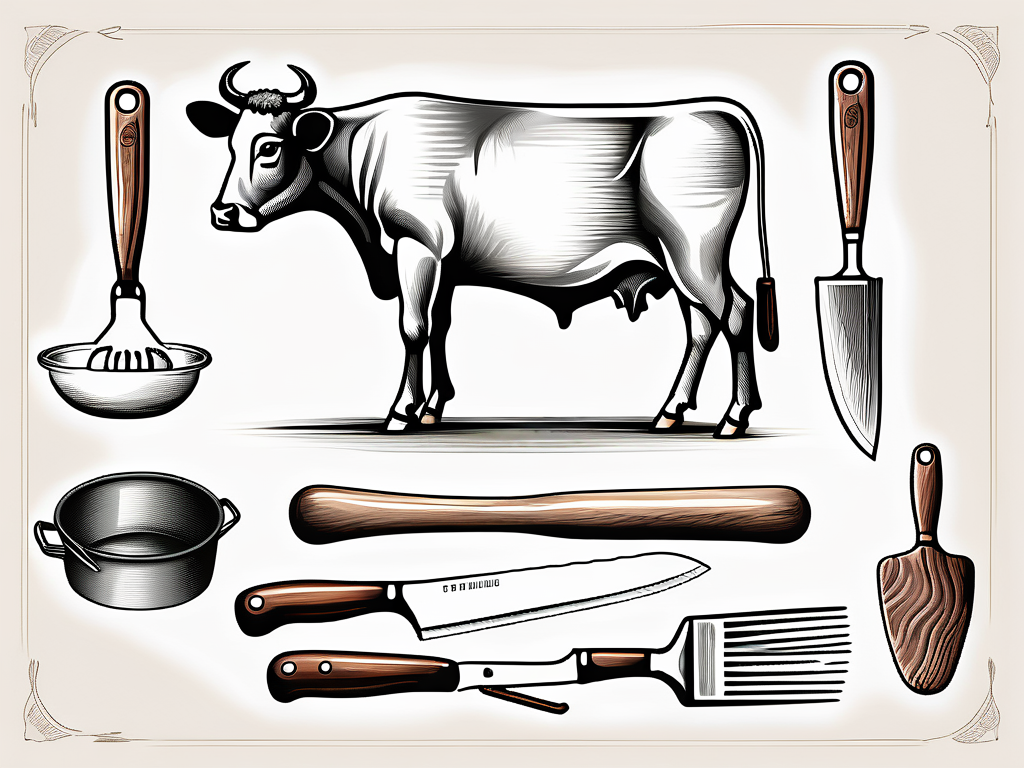
As societies developed, butchers became integral members of communities, providing not only meat but also valuable by-products such as bones for tools, hides for clothing, and fats for cooking and lighting. The role of the butcher was not only to provide sustenance but also to ensure that every part of the animal was utilized, reflecting a deep respect for the animals that were sacrificed for human consumption.
The Skills Required for Traditional Butchery
Traditional butchery is much more than simply cutting meat. It requires a deep understanding of animal anatomy, precise knife skills, and the ability to select the best cuts of meat for different purposes. Butchers must also possess the knowledge to properly age, cure, and store meats to enhance flavor and tenderness. These skills take years to master and are passed down through generations of butchers.
Additionally, traditional butchers often develop a keen eye for quality, being able to assess the freshness and marbling of meat at a glance. They understand the importance of humane and sustainable practices, sourcing meat from local farms that prioritize animal welfare and environmental stewardship. This attention to detail and commitment to ethical butchery sets traditional butchers apart, ensuring that each cut of meat is not only delicious but also produced with integrity.
The Value of a Professional Butcher
The Knowledge and Expertise of Butchers
Your local butcher is a wealth of knowledge when it comes to meats. They can provide helpful advice on cooking techniques, flavor profiles, and optimal cuts for various recipes. Unlike the supermarket, where meat is typically pre-packaged and devoid of any personal touch, a professional butcher can personalize the meat selection based on your specific needs.
Furthermore, butchers often have a deep understanding of different cuts of meat and can recommend lesser-known cuts that may be more affordable or flavorful. They can also provide guidance on how to best prepare and cook these cuts to maximize their taste and tenderness, adding a level of culinary expertise that is invaluable to home cooks and professional chefs alike.
The Quality of Meat from a Butcher
One of the significant advantages of purchasing meat from a butcher is the assurance of high-quality products. Butchers have direct relationships with local farmers and ranchers, enabling them to source meat from trusted sources. By supporting local farmers, your butcher ensures that you receive fresh, ethically raised meat free from hormones and antibiotics.
Moreover, butchers take great care in selecting the best cuts of meat for their customers, ensuring that each piece meets their high standards of quality and freshness. They are also skilled in the art of butchery, knowing how to properly break down an animal carcass to yield the most flavorful and tender cuts of meat. This attention to detail and commitment to excellence sets butchered meat apart from the mass-produced options available in supermarkets, where the focus is often on efficiency and cost-cutting measures rather than on delivering a superior product to consumers.
The Downside of Supermarket Meats
The Industrial Process of Supermarket Meats
Supermarket meats are typically mass-produced using industrial processes. Animals are often raised in factory farms, confined to small spaces and subjected to subpar living conditions. These animals are treated with hormones and antibiotics to promote rapid growth, which can have negative health implications for consumers.
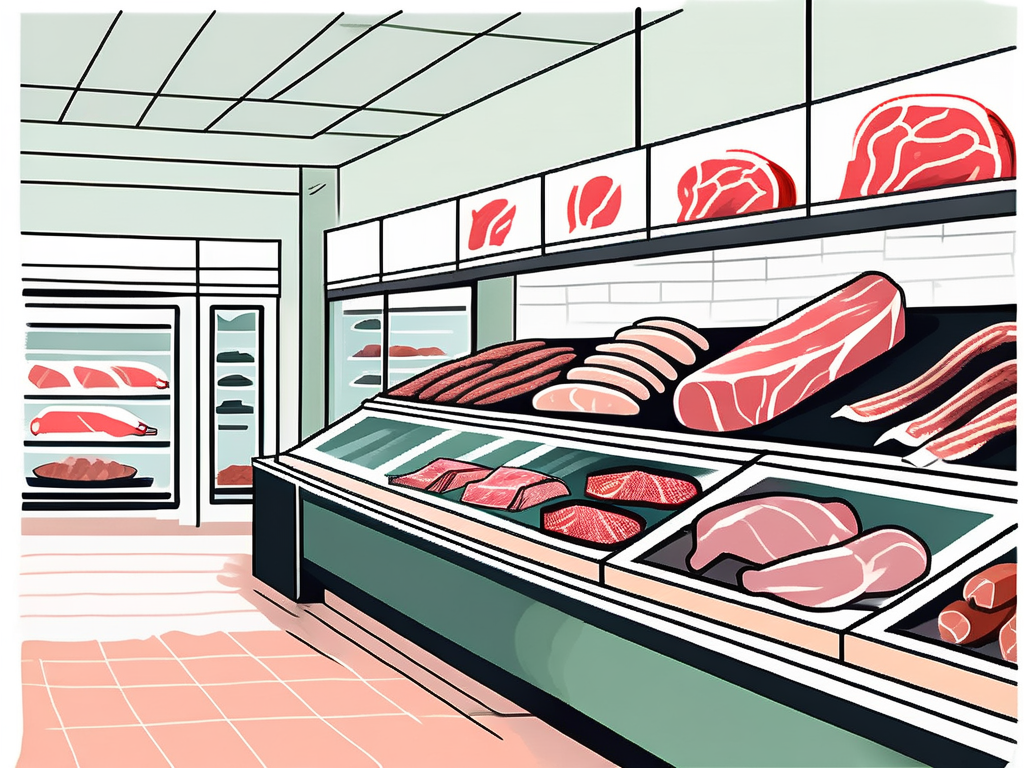
Furthermore, the industrial process of producing supermarket meats often involves high levels of waste and pollution. The large-scale operations required to meet the demand for supermarket meats can lead to environmental degradation, including water pollution and greenhouse gas emissions. This unsustainable approach to meat production contributes to various ecological issues and impacts the overall health of our planet.
The Quality Difference between Supermarket and Butcher Meats
Supermarket meats are aimed at convenience and cost-effectiveness, resulting in compromises in quality. The meats are often pre-packaged, limiting the control over freshness and tenderness. Additionally, the cuts available at supermarkets may be limited, lacking the variety and specialized options found at your local butcher.
On the other hand, butcher meats are often sourced from local farms and suppliers, promoting transparency and supporting small-scale, sustainable agriculture. Butchers take pride in their craft, offering personalized service and expertise in selecting and preparing meats. This attention to detail and commitment to quality sets butcher meats apart from the mass-produced options found in supermarkets, providing consumers with a more ethical and flavorful choice.
The Economic and Environmental Impact
Supporting Local Economy by Choosing Butchers
By choosing to support your local butcher, you contribute to the local economy and help sustain small-scale farming practices. Butchers often source their meat from nearby farmers, strengthening the community and fostering a sense of connection between producers and consumers. Your purchase directly supports these local businesses, creating a more sustainable local food system.
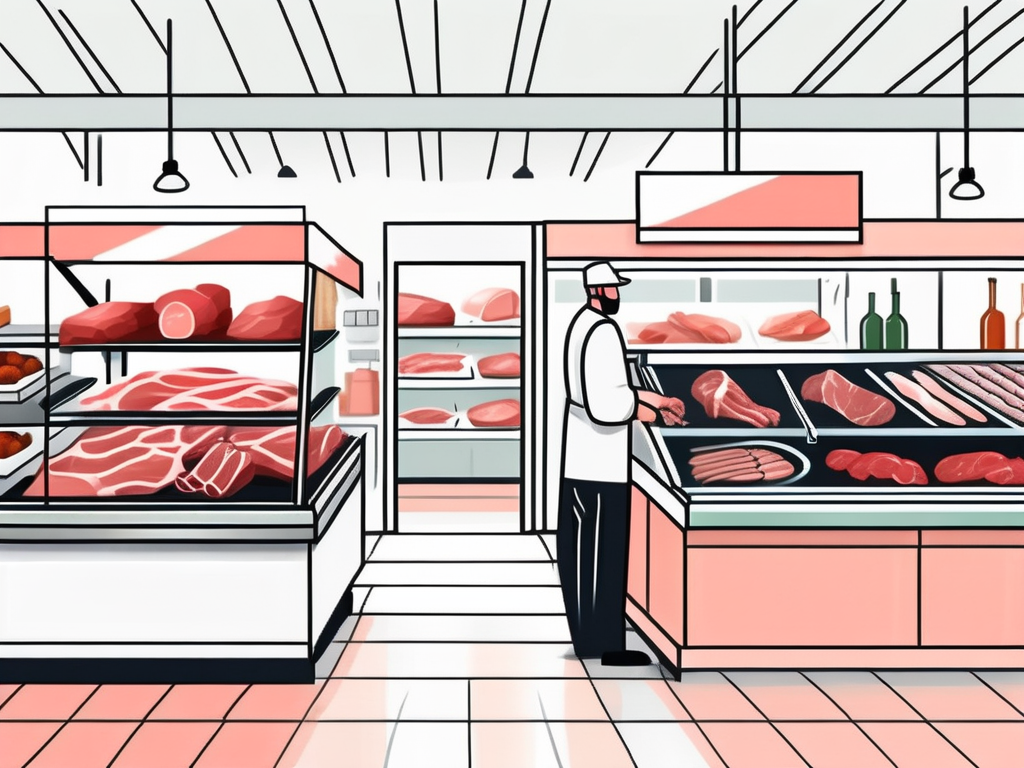
Moreover, when you buy from a local butcher, you are not just supporting a business; you are investing in the livelihoods of families who have been in the trade for generations. These butchers have honed their craft over years of experience, ensuring that you receive quality cuts of meat and personalized service that you won’t find in larger chain stores. Your decision to choose a local butcher goes beyond a simple transaction; it is a vote of confidence in the traditions and expertise that have been passed down through the ages.
The Environmental Footprint of Traditional Butchery vs Supermarkets
Supermarket meats typically travel long distances to reach their destination, resulting in a significant carbon footprint. On the other hand, choosing a local butcher reduces the environmental impact by reducing transportation and supporting the use of locally sourced ingredients. Furthermore, traditional butchery minimizes waste through practices like nose-to-tail butchery, where every part of the animal is utilized.
When you opt for meat from a local butcher, you are not just making a choice based on freshness and taste; you are also making an environmentally conscious decision. By supporting local butchers, you are helping to reduce the carbon emissions associated with long-haul transportation and supporting sustainable farming practices that prioritize animal welfare and land stewardship. This holistic approach to food production not only benefits the environment but also ensures that future generations will be able to enjoy high-quality, ethically sourced meat for years to come.
Making the Switch to a Local Butcher
Embarking on the journey to switch to a local butcher is a rewarding experience that goes beyond just purchasing meat. It’s about connecting with your community, supporting ethical practices, and savoring the highest quality cuts available. When you make the conscious choice to source your meat from a local butcher, you are not only investing in superior taste but also in sustainable and transparent practices that prioritize animal welfare and environmental impact.
How to Find a Good Butcher
When seeking out a reliable local butcher, consider asking for recommendations from friends and family or doing research online. Look for butchers who prioritize quality, sustainability, and transparency in their practices. Visit the butcher shop and have a conversation with the butcher to get a sense of their knowledge and passion for their craft. A good butcher will not only provide you with top-notch cuts of meat but also educate you on different cuts, cooking techniques, and the story behind the meat you are purchasing.
Tips for Buying Meat from a Butcher
When buying meat from a butcher, don’t be afraid to ask questions about the animal’s origin, how it was raised, and any specific cuts you may be looking for. Your butcher can provide guidance on cooking methods and recommend cuts that suit your preferences. By building a relationship with your butcher, you can receive personalized recommendations tailored to your individual tastes. This personalized service and attention to detail are what set local butchers apart from mass-produced supermarket options.
Traditional butchery is a skill that is rooted in history and craftsmanship. Each cut of meat is expertly prepared by skilled hands that have honed their craft over years of experience. The art of butchery is a time-honored tradition that values precision, respect for the animal, and a deep understanding of anatomy. When you choose to support your local butcher, you are not just purchasing meat – you are investing in the preservation of this ancient craft.
Supporting your local butcher means supporting ethical practices, community connections, and the highest quality of meat. Next time you’re in need of meat, eschew the supermarket aisles and experience the superior taste and service that can only be found at your trusted local butcher. Make the switch today and savor the difference in every bite.
Login
Find our store
Enter your town or postcode to see how far you are from us:
Location saved!
Thanks. You can now get directions to our store in Didcot.

